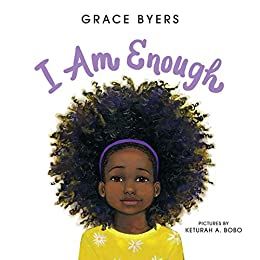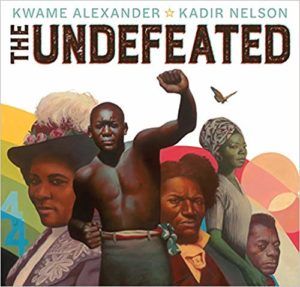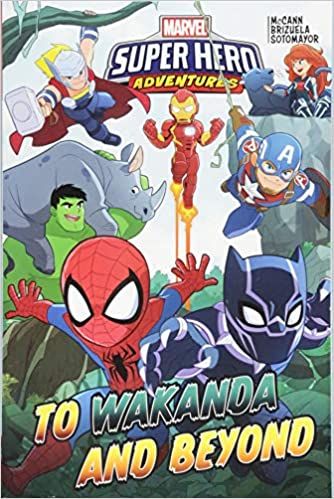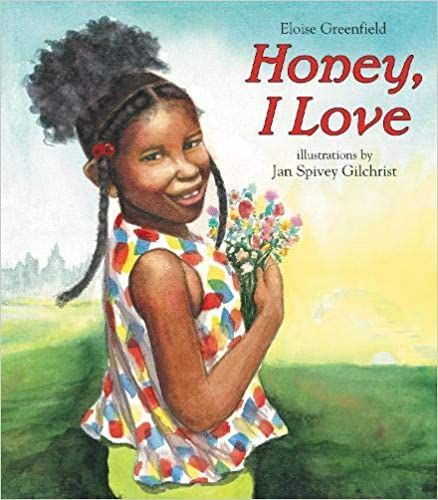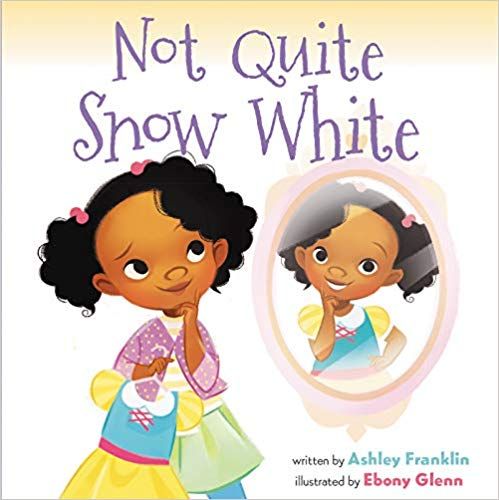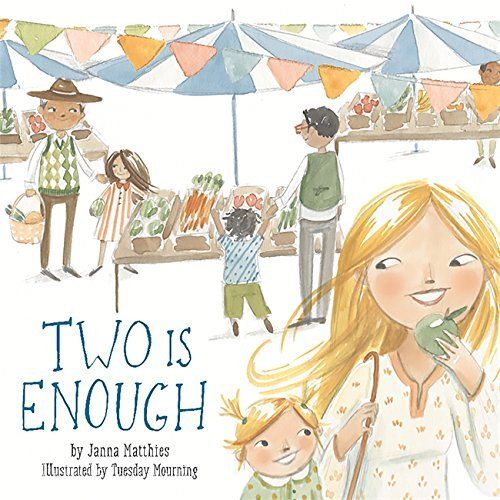As someone with multiple marginalized identities, I am sometimes the only fill-in-the-blank friend someone has. Consequently, I am often the only personal connection they have to certain communities. Since I consider my calling in life to educate for social justice, the personal is very political for me. Friends, I’m about to reveal a huge secret. Lean in close. Today, I’m going to reveal the Black queer literacy professor agenda. I, Mikkaka, buy all of my niblings books that are mirrors and windows. Furthermore, I intentionally gift the children in my life books that I hope will make them more empathetic, understanding, and socially conscious.
Books as Mirrors and Windows
Chances are, you’ve heard of this concept if you’re an educator or if you’ve read many of my Book Riot posts (like this one). Dr. Rudine Sims Bishop popularized the terminology in a 1990 speech. Simply put, mirror books are books people see themselves reflected in while window books allow us to see into the lives of others. Unfortunately, all children don’t receive mirrors and windows in equal measure. Children from dominant social groups receive an excess of mirrors, while children from historically oppressed populations see an abundance of windows. This harms both groups. Those who see mostly mirrors can develop an exaggerated since of their own importance and a dangerously narrow view of people unlike themselves. Conversely, those who rarely encounter mirrors can internalize harmful messages and learn how devalued they are in society. Many educational organizations have actively began to document and counteract these disproportionate representations in children’s literature. However, most acknowledge we’ve got a long way to go. That’s where people like me come in.
Your Auntie the Book Bandit
In case you haven’t been privy to the phenomenon, aunties are very common in the Black community. These women don’t have to be blood relatives. Actually, we sometimes don’t even know the amazing woman we call auntie — like Auntie Maxine. What is important is that our aunties are strong women who stand up for us, educate us, and give us #goals to aspire to. I take my auntie activism seriously. When a friend of mine becomes a parent, it becomes my duty to be a positive presence in their children’s lives. Ultimately, this just society I am striving toward is for them, after all. I use books to help them find their place in it. This means that I am constantly scouring the world for books that my niblings can see themselves in. I also am mindful of areas where my niblings don’t get enough windows. If you’ve read this far, I hope you’ll indulge me further by looking at some specific examples.
S & G: Middle Class Black Kids
S and G are brother and sister. They live in a two-parent home and do all the things — sports, the arts, church, you name it. So what do they need in books? Well, their lifestyle and socioeconomic status means that they often find themselves as the only Black kids in certain spaces. Additionally, we know that Black children are disproportionately disciplined in schools and also perceived as older than they are. Thus, I make sure they get books about Black joy that align with their interests. Here are a few of the titles I’ve bought them.
T: Middle Class Black Boy with Two White Moms
Don’t tell the others, but T gets the most books. One of his moms is also a literacy professor (and a close friend and colleague) so that helps, but I still do my share. My husband and I are important figures in T’s life because his moms are intentional about making sure he has Black people in his inner circle. Honestly, his moms do an incredible job of cultivating this kid’s library, but here are a few titles I’ve gifted him.
L: Biracial Girl with a Single Mom
My bestie blessed me with L five years ago and I’ve gotta say she’s one of the best gifts ever. L is one of the cutest, smartest, quirkiest, most creative and opinionated little nuggets on earth. Since L has a Black father and white mother, I like to make sure she sees brown kids like her on her bookshelf. However, since she lives exclusively with her mother, I also want to ensure she sees both sides of her as valued. Additionally, I want her to know that all types of families exist and are valid. Of course, this is by no means an exhaustive list. I have more niblings and I’ve gifted a lot more books to the ones I’ve listed. Hopefully, this is a reminder to think about the kiddos in your life and what they need by way of windows and mirrors. If you need more suggestions, check out some of the lists below.
8 Children’s Books with Indigenous Main Characters in Latin America 12 Korean Children’s Books 15 LGBTQ+ Graphic Novels for Middle Graders 8 Books About Gender Fluidity for Young Readers 15 Diverse Picture Book Biographies 9 Antiracist Middle Grade Books: Tackling Tough Issues with Kids 10 Great Feminist Children’s Books 14 LGBTQ+ Board Books to Diversify Your Baby’s Bookshelves 50 Children’s Books About Diversity That Celebrate Our Differences
